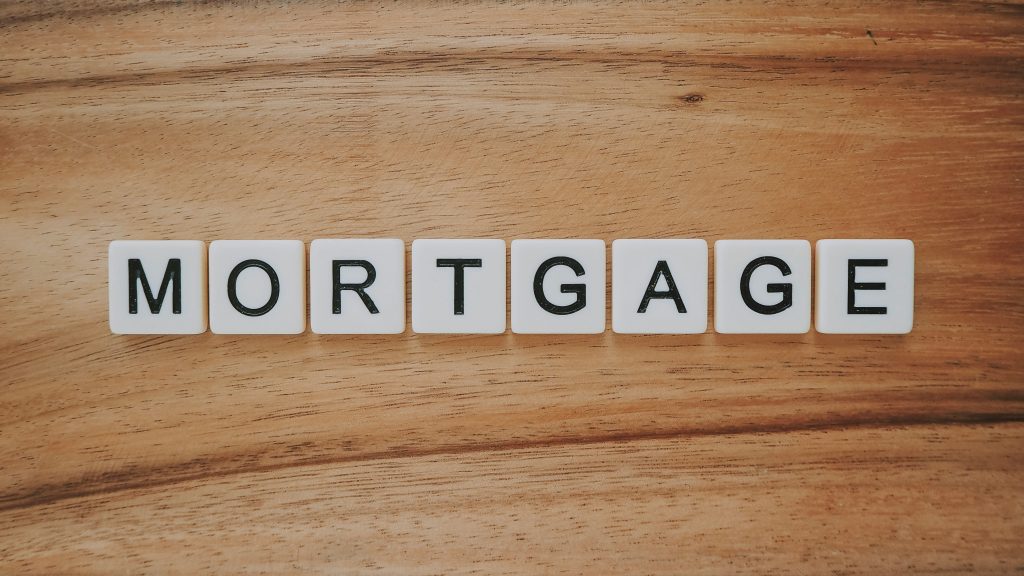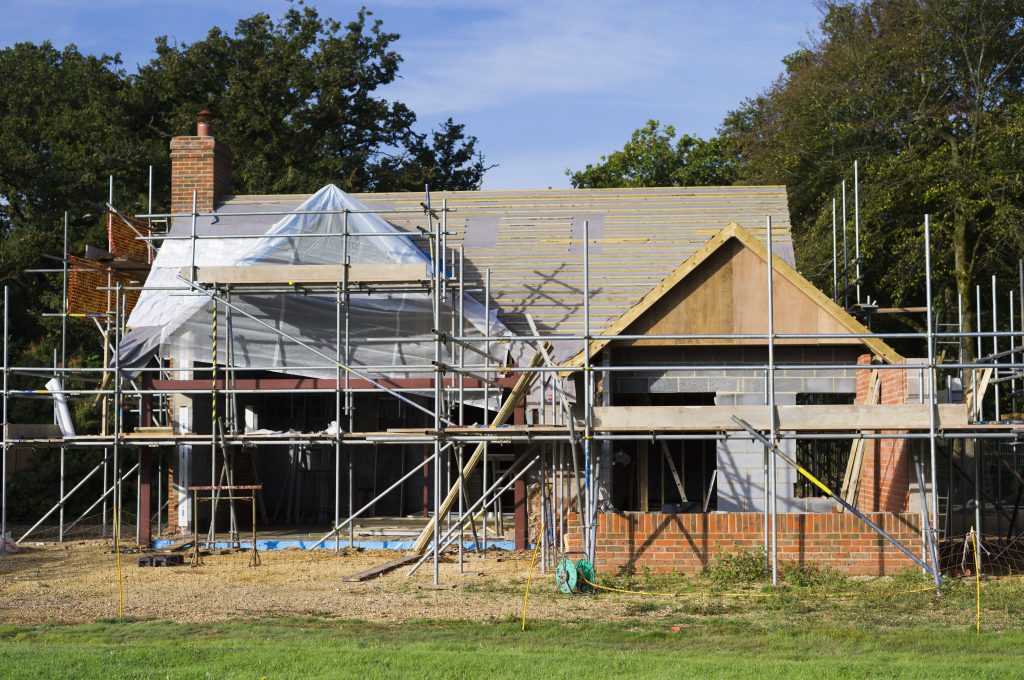No Time to Read? Here’s What You Need to Know
Short on time? Here are the key points to remember about rental property deductions in New Zealand:
What You CAN Claim
- Mortgage Interest – Only deductible for new builds or under specific conditions until April 2025.
- Insurance & Rates – Landlord insurance, home insurance, and council rates are deductible.
- Property Management Fees – Fees paid to property managers and agents can be claimed.
- Accountant & Legal Fees – Costs related to tax filing and tenancy disputes are deductible.
- Repairs & Maintenance – Fixing existing damage (hot water cylinder, carpets, roof leaks) is deductible.
- Depreciation on Chattels – You can depreciate stoves, curtains, heat pumps, carpets.
- Low-Value Asset Purchases – Items under $1,000 can be fully deducted in the same year.
- Body Corporate Levies – General maintenance fees can be deducted, but capital contributions cannot.
What You CAN’T Claim
- Capital Improvements – Anything that increases property value (new kitchen, double glazing, extensions) is NOT deductible.
- Personal Use Expenses – If you stay in your rental, you can only claim a portion of expenses based on rental vs. private use.
- GST on Rental Income – Residential rental income is GST-exempt, so you can’t claim GST on expenses.
- Initial Purchase Costs – Legal fees, due diligence, and valuation costs when buying a rental are not deductible.
- Fines & Penalties – Breaking tenancy laws? The IRD won’t let you claim that.
Introduction
Owning a rental property? Great. Dealing with taxes? Not so great. But knowing what expenses you can claim as deductions could mean the difference between keeping more money in your pocket or handing it over to the IRD.
Think you can claim everything? Not quite. There’s a fine line between repairs and capital improvements, and trust me, the Inland Revenue Department loves catching landlords who get it wrong.
From interest deductibility (yes, that one’s changed) to depreciation, accountant fees, and even property management costs, we’re covering it all. No fluff, no tax-jargon headache.
By the end of this, you’ll know what rental tax breaks you can claim, what operating expenses are actually deductible, and when to call your accountant before the IRD does.
Let’s dive in—because tax season waits for no landlord. 🚀
What Expenses Can You Claim on a Rental Property?
Ah, the golden question. What can you actually claim to reduce your tax bill? Spoiler alert: not as much as you could a few years ago.
The IRD isn’t exactly in the business of making landlords rich. But there are still plenty of rental property deductions you can take advantage of—if you know the rules. From insurance to repairs, property management fees, and even some low-value assets, there’s money to be saved.
But let’s start with the big one—mortgage interest. Because if you’re still operating under the old tax rules, you’re in for a surprise.
Mortgage Interest Deductibility
Once upon a time, mortgage interest was a juicy deduction for landlords. Pay interest on your loan? Boom—tax deduction.
Fast forward to today, and the government has decided that helping landlords pay off their mortgages isn’t a vibe. Interest deductibility is being phased out, and by April 2025, it’ll be gone for most residential rental properties.
But wait—there are exceptions. If your property qualifies as a new build, you might still be able to claim some interest deductions. Short-term rentals like Airbnb? Different rules.

Here’s what’s changed:
- If you bought a rental before 27 March 2021, your interest deductions have been gradually reducing.
- By April 2025, no interest deductions will be allowed for existing residential rentals.
- New builds (properties with a CCC issued after 27 March 2020) can still claim interest deductions—for now.
- If you’re renting out a short-term rental (Airbnb, Bookabach), the rules might be different depending on how the IRD classifies your property.
So, moral of the story? Interest deductions aren’t what they used to be. If you were banking on them, it might be time to rethink your tax strategy.
Property Operating Costs
Owning a rental property isn’t just about collecting rental income—it comes with a stack of expenses. The good news? Many of them are tax-deductible (as long as the IRD gives them the green light).
From insurance to property management fees and even accountant costs, here’s what you can claim to keep more of your hard-earned cash.F
Insurance and Rates
You’ve got insurance to protect yourself, right? Good news—you can claim it.
- Landlord insurance – Covers things like property damage, loss of rental income, and liability claims.
- Home insurance – If your rental property is covered under a general home policy, you can claim the cost.
- Local council rates – Yes, those unavoidable council charges can be deducted.
Just remember: if your property is used partly for private purposes, you can only claim the portion that relates to rental income.
Property Management Fees & Commission
Not a fan of dealing with tenants, maintenance calls, and late-night “emergencies”? That’s what property managers are for.
- Fees paid to a property manager or real estate agency for managing your rental property are 100% deductible.
- Letting fees and tenant-finding commissions? Also deductible.
If you’re self-managing your property, you can’t claim for your own time—but you can claim for any software or admin costs used to manage your rental.
Accountant and Legal Fees
Good tax advice pays for itself.
- The cost of hiring an accountant to prepare your rental property tax return? Deductible.
- Legal fees for tenancy disputes, lease agreements, and property-related legal advice? Deductible.
- Legal costs for buying or selling a property? Nope. These are capital expenses and can’t be deducted.
If you’re unsure whether a fee is deductible or not, BH Accounting puts you in the right direction. Get in touch today!

Repairs & Maintenance (But Not Improvements!)
Ah, the classic landlord trap: thinking that all work done on a rental is deductible. It’s not.
What qualifies as a repair?
- Fixing a broken hot water cylinder, leaky roof, or busted heat pump = deductible.
- Replacing old carpet with new carpet of similar quality = deductible.
- Patching up a few cracks in the walls = deductible.
What’s considered an improvement (and NOT deductible)?
- Upgrading that old kitchen to a brand-new modern one = NOT deductible (capital expense).
- Replacing all the windows with double glazing = NOT deductible.
- Adding a new deck, extra room, or structural work = capital expense.
Repairs maintain a property. Improvements increase its value. The IRD knows the difference—so should you.
Depreciation on Assets and Low-Value Purchases
Once upon a time, you could depreciate the value of your rental property. Not anymore. But some assets can still be claimed.
What assets can be depreciated?
- Chattels like stoves, heat pumps, curtains, and carpets can be depreciated over their useful life.
- Structural parts of the property can’t be depreciated.
Claiming items under $1,00
- Low-value assets (like a microwave or a new smoke alarm) costing $1,000 or less can be fully deducted in the same year.
- Anything over $1,000? You’ll need to depreciate it over time.

Body Corporate Levies
If your rental property is in an apartment complex or gated community, you probably pay body corporate fees.
Good news—most of these levies are deductible, including:
General maintenance and admin fees
- General maintenance and admin fees
- Insurance levies
- Repairs & operational costs
But if part of the levy goes toward a long-term maintenance fund or capital improvements? That portion isn’t deductible.
Here’s a summary table to make your rental property deductions quick and easy to scan:
| Expense Category | Deductible? ✅❌ | Notes |
|---|---|---|
| Insurance & Rates | ✅ Yes | Includes landlord insurance, home insurance, and council rates. |
| Property Management Fees | ✅ Yes | Fees for property managers, letting fees, and tenant-finding commissions. |
| Accountant & Legal Fees | ✅ Yes | Tax return prep and tenancy-related legal costs are deductible. Buying/selling legal fees are not. |
| Repairs & Maintenance | ✅ Yes | Fixing existing issues is deductible (e.g., broken water cylinder, replacing similar carpet). |
| Capital Improvements | ❌ No | Upgrades that increase property value (e.g., new kitchen, double glazing) aren’t deductible. |
| Depreciation on Chattels | ✅ Yes | Items like stoves, heat pumps, curtains, and carpets can be depreciated. |
| Low-Value Asset Purchases (<$1,000) | ✅ Yes | Fully deductible in the same year (e.g., smoke alarms, microwaves). |
| Body Corporate Levies | ✅ Partial | Most fees are deductible, but long-term maintenance funds and capital improvements aren’t. |
What Rental Expenses CAN’T You Claim?
Not everything you spend on your rental property is tax-deductible. The IRD is strict about what qualifies as a rental expense versus what’s considered a capital cost or personal expense.
Here’s what doesn’t make the cut when it comes to rental property deductions.
Capital Expenses (Not Deductible!)
The biggest mistake landlords make? Thinking they can claim everything as an expense. Repairs and maintenance are deductible, but capital improvements are not.
Examples of Capital Expenses That Cannot Be Claimed
- Renovating an entire kitchen or bathroom – That’s an improvement, not a repair.
- Adding an extra room, garage, or new deck – Increases value, so it’s a capital cost.
- Installing double glazing throughout the house – Nice upgrade, but not deductible.
- Major structural work (e.g., re-roofing, full foundation repairs) – Nope, capital expense.
If the work extends the property’s lifespan, improves value, or upgrades the original, it’s not deductible. But don’t worry—capital expenses may be offset against capital gains tax when selling.

Private Expenses (Personal Use of Property)
When a Rental Property Is Used Personally
Planning to stay in your rental property for a few months? Bad news—you can’t claim expenses for that period.
If you use the property for personal reasons, you must apportion deductions accordingly. Example:
- If your property is rented out 8 months of the year and you stay in it for 4 months, you can only claim 8/12ths of the deductible expenses.
Mixed-Use Properties (Airbnb, Short-Term Rentals)
Running an Airbnb or short-term rental? Different tax rules apply.
- If you rent part of your home (e.g., a room on Airbnb), you can only claim expenses for that portion.
- If you use the standard-cost method for short-term rentals, your expenses may be capped.
- The IRD is cracking down on short-term rentals—so make sure you’re claiming the right amounts.
Not sure where you stand? BH Accounting puts you in the right direction—talk to us today!
Other Non-Deductible Expenses
Here’s a quick list of rental costs you CANNOT claim:
- GST on Rental Income – Residential rental income is exempt from GST, so you can’t claim GST on expenses either.
- Initial Purchase Costs – Legal fees, due diligence reports, and valuation costs when buying a rental are not deductible.
- Costs for Bringing a Property Up to Standard – Bought a rundown house and need to renovate before renting it out? Not deductible—it’s a capital cost.
- Fines, Penalties, or Personal Loans – If you’re fined for breaking tenancy laws or using a personal loan for property expenses, you can’t claim it.
Just because you spent money on your rental doesn’t mean you can claim it on your tax return. Knowing the difference between repairs and improvements, private vs. rental use, and deductible vs. capital expenses can save you from an IRD headache.
Need help sorting through what’s deductible and what’s not? BH Accounting makes it easy—get in touch today! 🚀
Expert Tips to Maximise Your Deductions
Tax laws change, the IRD tightens the rules, and landlords often miss out on deductions they could be claiming. The trick? Know the rules, keep solid records, and get expert help when needed.
Here’s how to keep more money in your pocket while staying on the right side of the IRD.
When to Work with an Accountant
Some landlords try to DIY their taxes—and that’s fine if you know what you’re doing. But rental property deductions aren’t always straightforward.
Here’s when calling in an accountant is a smart move:
- You own multiple rental properties – More rentals = more complexity = more ways to optimise your tax position.
- You’ve got a mixed-use property (Airbnb, personal + rental use, etc.) – The IRD has strict rules on what you can and can’t claim.
- You’re unsure about capital vs. repairs – Getting this wrong could mean losing deductions or triggering an audit.
- You need to restructure your property ownership – Whether it’s moving to a trust, a company, or another setup, an accountant helps you avoid costly mistakes.
- You want to maximise deductions without breaking the law – Because guessing your way through tax returns isn’t a winning strategy.
BH Accounting puts you in the right direction—so you’re not leaving money on the table. Need expert help? Get in touch today.

Special Tips for Short-Term Rental Owners (Airbnb, Bookabach)
Running an Airbnb or short-term rental? The tax rules aren’t the same as for long-term rentals. If you’re not careful, you might end up paying more tax than you need to.
Choose the Right Expense Calculation Method
- Standard-cost method: Simple, fixed deduction per night rented (best for casual hosts).
- Actual-cost method: Claim actual expenses based on rental vs. personal use (better for serious operators).
Track Rental vs. Personal Use
If you stay in the property yourself, you can’t claim 100% of expenses. You must apportion costs based on the number of days rented vs. personal use.
GST – Watch Out!
- Residential rental income is exempt from GST.
- But if you earn over $60,000 from short-term stays, you might need to register for GST—and that comes with extra tax obligations.
Claim Depreciation on Chattels
- Unlike long-term rentals, you can still claim depreciation on furniture, appliances, and fittings for an Airbnb.
- If you’re buying high-end furnishings, this can add up to serious tax savings.
Keep Records of Everything
- Cleaning fees, Airbnb service charges, maintenance, insurance—track it all.
- The IRD loves audits, so don’t get caught without receipts.
Short-term rentals can be lucrative, but the tax side is tricky. If you need help sorting out your Airbnb deductions, BH Accounting makes it easy—get in touch today!

Final Thoughts
Taxes aren’t the most exciting part of being a landlord, but getting your deductions right can save you thousands. Knowing what you can and can’t claim is the difference between maximizing your rental income and handing over more than you should to the IRD.
We’ve covered the essentials:
✅ What’s deductible – Interest (in some cases), insurance, property management fees, repairs, and more.
❌ What’s NOT deductible – Capital improvements, personal expenses, and certain property costs.
💡 Expert strategies – Keeping records, knowing the rules, and getting help when needed.
The bottom line? Get smart with your rental property deductions. Make sure you’re claiming everything you’re entitled to—legally and efficiently.
Not sure if you’re leaving money on the table? BH Accounting puts you in the right direction. Get in touch today and let’s make sure you’re not paying more tax than you have to! 🚀
